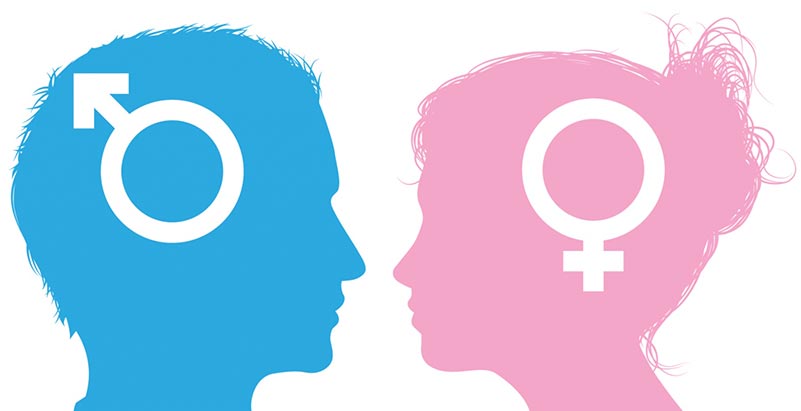
There is a difference between men and women in how they choose partners
Concordia University research reveals surprising evidence regarding how we choose our mates.
This is due to what's called the "framing impact", a principle Concordia research has shown applies to mate selection.
Saad, who has conducted extensive research into the evolutionary and biological roots behind consumer behavior, says that women are more sensitive to negatively framed information when it comes to mate choice.
A woman could make a bad choice if she chooses a father who is not a good provider or a loving father. This would have severe consequences for her and her children. We speculated that women would be more cautious about negative information when considering a potential mate.
Saad & Gill enlisted hundreds of young people to participate in their study.
Participants received positive and negative descriptions of potential partners.
"Seven of 10 people who have met this person believe that they are kind." (positive frame)
versus
"Three of 10 people who have met this person believe that they are not kind." (negative frame)
Participants rated both high-quality (e.g. Seven out of 10 people believe this person is kind. Three out of 10 people think that this person is kind. This information can be used to find potential mates for these qualities, whether it's a short-term or long-term relationship.
Women said that they were less likely to date potential mates described in negative descriptions, even though they were given exactly the same information in positive descriptions.
Framing effects were more effective in women with attributes such as ambition and earning potential. Men responded strongly to framing when they were described as physical attractiveness.
This research demonstrates how evolutionary lenses could be used to explain seemingly "irrational", decision-making biases such as the framing effect.
